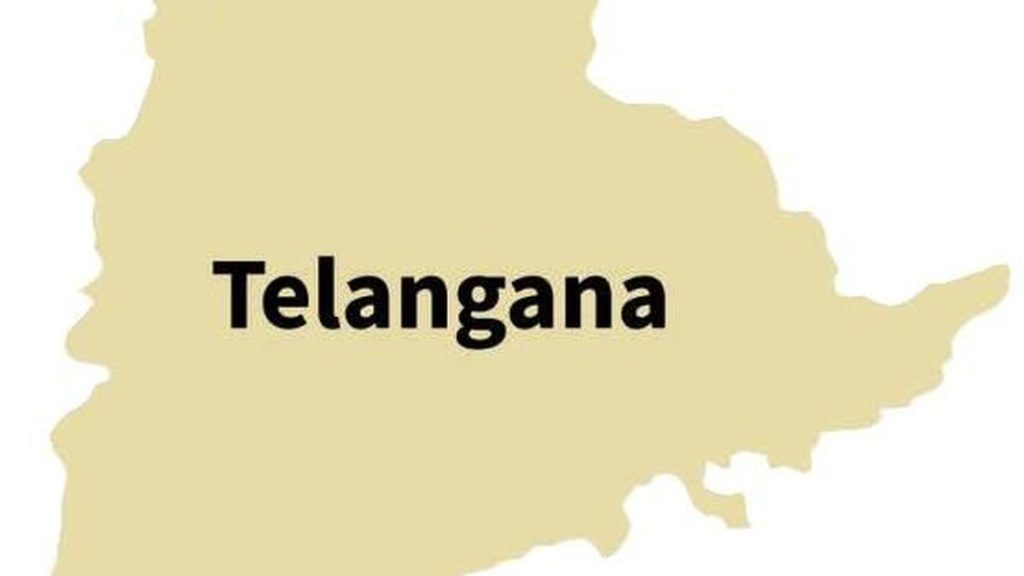Now Reading: Farm to Closet: The Future of Sustainable Fashion
-
01
Farm to Closet: The Future of Sustainable Fashion
Farm to Closet: The Future of Sustainable Fashion

Rapid Summary:
- Location and Initiative: Denica Riadini-Flesch, founder of SukkhaCitta, promotes sustainable fashion in rural Indonesia, partnering with 11 villages across Java, Bali, Flores, and West Timor as the company’s launch in 2016.
- Environmental Benefits: SukkhaCitta uses regenerative farming techniques like tumpang sari, avoiding deforestation by planting crops such as shade-tolerant Assam indigo alongside food plants to replenish soil health.
- craftsmanship: The company’s supply chain involves hand-spun cotton and traditional batik artisans who use natural dyes. Each garment takes 60 to 180 days from seed to store.
- Impact on rural Communities: SukkhaCitta has improved economic opportunities for over 1,500 villagers by paying living wages to artisans and farmers while funding craft schools that teach traditional practices. Profits have also been used for farmland acquisition grants.
- Consumer Engagement: The brand offers biodegradable clothes with dye processes avoiding harmful chemicals. Influential figures like coldplay’s Chris Martin support the initiative. It recently achieved Indonesia’s first B Corp certification for a fashion company.
!2412160696.jpg”>Riadini-Flesch in a forest among indigo plants
Indian Opinion Analysis:
The story of SukkhaCitta exemplifies how integrating environmental responsibility with rural upliftment can produce transformative results. This shift aligns with the broader need for global refashioning toward ethical business models as countries like India grapple with similar issues of inequality and ecological degradation due to industrial practices. India’s textile sector could draw inspiration from efforts such as using regenerative agricultural methods instead of relying on monoculture cropping or resource-intensive manufacturing.
Policies tailored toward supporting small artisans through financial grants, training programs on heritage crafting techniques like batik or tie-dye (echoed in Indian traditions), and incentivizing eco-friendly dyes could promote equitable growth within India’s vast village economies-particularly relevant given its reliance on textiles contributing heavily both to exports and domestic employment.
While slow fashion remains costlier than industrial mass production initially, fostering consumer awareness about long-term environmental damage caused by “fast fashion” could encourage shifts within urban markets-a principle India must engage as global demand leans toward sustainability-focused products offering social impact alongside climate consciousness.
Indian businesses may find collaborative opportunities through partnerships around craft preservation or biodegradable innovations showcased here-a route that uplifts communities without compromising the planet’s finite resources while mirroring inclusivity embedded deeply into India’s cultural ethos.Read More

























